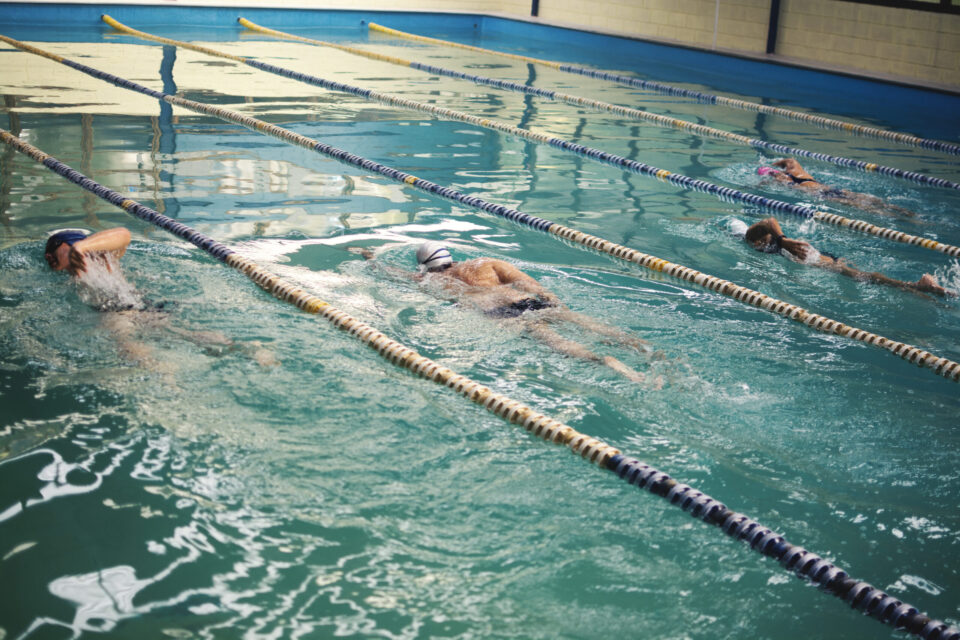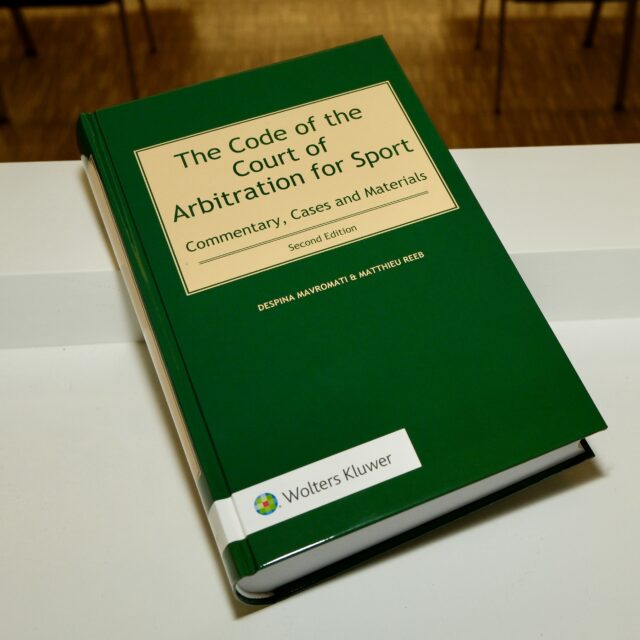4A_488/2023, judgment of 23 January 2024, A v. B & WADA, motion to set aside the CAS award of 30 August 2023 (CAS 2022/A/8653)
This doping-related case was part of the LIMS’ investigation launched by WADA following the Russian doping scandal. In this context, a disciplinary procedure was opened against a Russian female triathlete (the Athlete) by her international federation (now World Triathlon), for irregularities in the reporting of the prohibited substance Trimetazidin which was found in her sample on three occasions in 2014 and 2015 but was not further reported to WADA.
After a four-year suspension by the CAS Anti-Doping Division in 2022, the CAS panel partially upheld the appeal, changing only the starting point of ineligibility period and considering as established that the Athlete used the prohibited substance Trimetazidin in 2014 and 2015.
In her subsequent motion to set aside the CAS award, the Athlete directly invoked a violation of Article 13 of the European Convention on Human Rights (ECHR). This seems to be the first attempt to directly invoke the provisions of the ECHR after the Semenya ECHR judgment in July 2023: the SFT held that the Semenya judgment is not binding on the SFT so long as the case is still pending before the ECHR Grand Chamber, showing its unwillingness to change its well-established jurisprudence, at least pending the finality of the Semenya’s referral to the Grand Chamber.
The Athlete further invoked the lack of institutional independence of the CAS since she had raised her objection “immediately” in the arbitral proceedings: this was swiftly dismissed by the SFT since the Athlete had not sufficiently substantiated her objections based on Article 190 (2) a PILA nor had she objected to the particular arbitrators appointed on her case. The SFT still went on to note that such grievance would in any event have been dismissed, in view of the Mutu & Pechstein ECHR judgment on the criticized influence of the ICAS. In this respect, the dissenting opinion of the two judges in the Mutu & Pechstein ECHR judgment was not considered as decisive by the SFT – to the extent that it was not followed in the judgment itself. As a result, the SFT reiterated its endorsement of the CAS as a true court of arbitration, including the panel / ICAS appointment mechanism or the closed list of CAS arbitrators by referring to its previous case law (see my note on the 4A_232/2022 of 22 December 2022).

The Athlete also attacked the CAS award for violation of her right to be heard through numerous angles, including the fact that she could not access nor test the three contested samples from 2014 and in 2015. The fact that the urine samples no longer existed after the Moscow laboratory had destroyed them was not found to be a violation of the Athlete’s right to evidence, as it was naturally impossible to provide evidence in the arbitration proceedings. What is more, the argument that WADA unlawfully prevented the Athlete from obtaining the evidence was deemed inadmissible to the extent that it was directed against one of the opposing parties and not the panel.
Finally, there was no violation of public policy based on the principle “negativa non sunt probanda” (see also 4A_530/2013 of 2 May 2014, at 6.1) nor the protection of legitimate expectations, based on the fact that the international federation discontinued the proceedings in 2017 and reopened them four years later without a new analysis of the Athlete’s samples: Again, such plea was directed against a party in the proceedings (the international federation) and the Athlete had failed to establish that the CAS panel had disregarded fundamental procedural principles.
All in all, this is an interesting judgment and apparently the first post-Semenya SFT judgment where an applicant directly invoked a violation of Article 13 ECHR as opposed to the narrower scope of public policy under Article 190 (2) e PILA. The SFT showed that it is not yet ready to accept these arguments, at least pending the referral of the Semenya case to the ECHR Grand Chamber.
What is more, through the swift dismissal of the Athlete’s various pleas of violation of her right to present evidence, the SFT reiterated the narrow scope of Art. 190 (2) d PILA that does not encompass “factual reasons” which fall outside the scope of a specific conduct of the arbitral tribunal or criticisms of appellatory nature.








